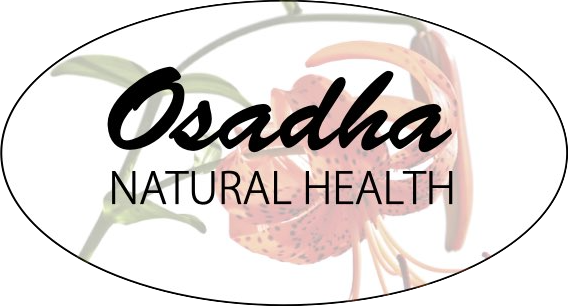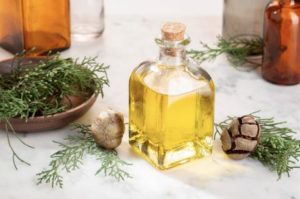Sometimes when writing on emotional support, I may pick the topic well in advance and by the time I get to writing it, I’m often right smack in the middle of whatever the emotion is. Weird.
When sadness hits, your energy may be low or you might feel paralyzed. In these times, you might just skip making a fancy inhaler or spray. Just grab the bottle of oil and take a couple sniffs every couple of hours, being careful not to spill it. If you’re going to be out and about, a spritzer is nice, as it’s easy to use and less of a disaster if it leaks in your bag. Add about 15-20 drops essential oil to 2 ounces of distilled water in a glass spray bottle. Shake vigorously before spraying, since essential oils don’t dissolve in water and will, instead, be floating on the surface.
If using a diffuser, note that oils may lose their emotional effects if you’ve been breathing them in for hours and hours. Though at bed time…a drop of your go-to oil on the pillow may help ease your troubled mind and heart to sleep. Another option is to use dried herbs in a sleep pillow stuffed into your pillowcase. Any of the oils mentioned below can be used as an herb, with the exception of Frankincense, which comes as a chunky resin.
Here are 5 of my own favorite oils for when the tears start….
Marjoram (Origanum majorana)
In my experience, Marjoram is for when it’s intense. When you’re going to pieces, if you’ve got some around grab it. Be aware that it can be very sedating, and while we can’t simply numb ourselves out when dealing with profound sadness, a bit of a safety blanket now and again may help. Note that prolonged use of Marjoram oil is reputed to cause emotional deadening, which is not the goal here.
Cypress (Cupressus sempervirens)
Cypress is another heavy hitter. It’s good one for a fresh heartbreak. Or in preparation for and following the loss of a loved one. When I was in the student herb clinic, I worked with a family that were about to lose their grandmother and I mentioned Cypress. They took it to heart, picked up some Cypress oil and created their own ritual with it in preparation for the pending death. Nothing takes away that pain, but any small amount of support is worthwhile.
Rose (Rosa centifolia, Rosa damascena, others)
Rose is one of the first oils that folks think of for heartbreak. Indeed, the link between rose and the heart goes back centuries. Rose is considered by many aromatherapists to be one of the premier anti-depressant, uplifting scents. The aroma of Rose may help to keep sadness from closing down your heart. Though there are times where maybe you want to let your heart protect itself before opening back up, and Cypress is your friend then. When sadness sets in and stays put, in the form of depression, Rose is an ally.
Frankincense (Boswellia carterii)
Frank is a comforting oil that may help you feel more grounded if you feel lost. It’s appropriate also if an event of the past is rearing its head and dragging you down. Frank provides a little peace-in-a-bottle (or inhaler, or…). It blends really well with either Rose or Cypress (or both…).
Clary Sage (Salvia sclarea)
Clary Sage was one of the first essential oils I ever bought, and I picked it up for mood. Inhalation of Clary Sage oil was found to increase levels of 5-hyroxytryptamine (5-HT) and decrease levels of the stress-associated hormone, cortisol and showed anti-depressant effects in a small study of menopausal women. Clary Sage is an uplifting oil. Some folks find it euphoric. I haven’t gotten the latter effect, but my dog Zoe used to lounge under the Clary Sage plant in the yard, so maybe she did!
Note that aromatherapy isn’t meant as a stand-alone remedy for overwhelming or persistent sadness. In these cases, seek out help, but bring your spritz with you…
~~~
Content © Dr. Anna Marija Helt, Osadha Natural Health, LLC. Permission to republish any of the articles or videos in full or in part online or in print must be granted by the author in writing.
The articles and videos on this website for educational purposes only & have not been evaluated by the Food and Drug Administration. This information is not intended to diagnose, treat, cure, or prevent any disease or to substitute for advice from a licensed healthcare provider.

